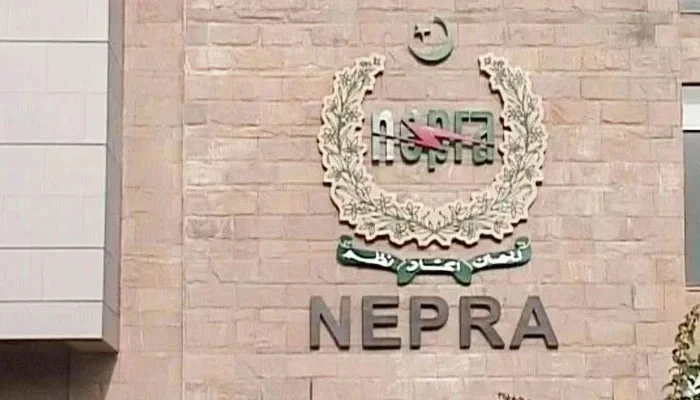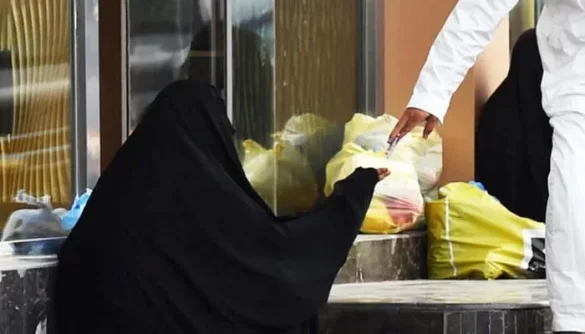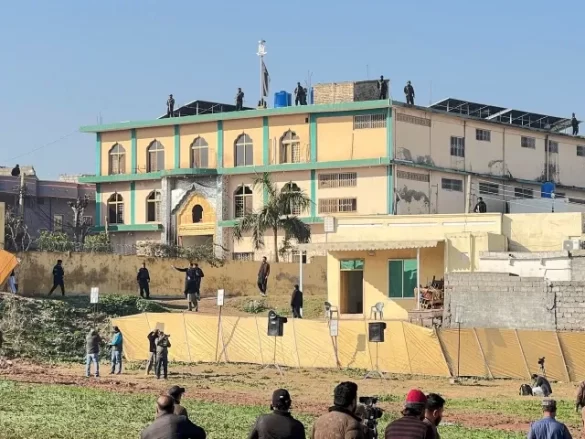Regulatory Crackdown on Power Distributors
The National Electric Power Regulatory Authority (NEPRA) has imposed substantial fines on two electricity distribution companies, Sukkur Electric Power Company (SEPCO) and Hyderabad Electric Supply Company (HESCO).
According to NEPRA officials, the combined penalties amount to PKR 95 million (approximately USD 3.4 million). The regulator cited the companies’ failure to reduce transmission and distribution losses, improve bill recovery rates, and comply with safety standards as the primary reasons for the sanctions.
Details of the Violations
NEPRA’s official order stated that both companies failed to provide satisfactory responses to show-cause notices issued earlier this year.
For SEPCO, the infractions included:
-
Failure to reduce losses and improve recovery rates: PKR 50 million penalty.
-
Violation of safety standards: PKR 10 million penalty.
-
Incomplete grounding (earthing) of electricity poles: PKR 10 million penalty.
The combined penalty for SEPCO stands at PKR 70 million, spread across three separate decisions.
HESCO, meanwhile, was fined PKR 25 million for not achieving targets related to loss reduction and revenue recovery during the 2023–24 fiscal year.
Safety and Infrastructure Concerns
A significant portion of SEPCO’s penalty relates to safety compliance. NEPRA’s inspection reports revealed that SEPCO failed to complete earthing for 100% of poles within its operational area, a critical measure to prevent electrical hazards.
Earthing, also known as grounding, is a safety process that channels stray electricity into the ground, reducing the risk of electrocution and damage to infrastructure. Incomplete or faulty earthing can lead to serious accidents, particularly during storms or equipment failures.
The regulator also noted repeated lapses in adhering to established safety protocols, which are designed to protect both field workers and the public.
Recovery and Loss Challenges
Both SEPCO and HESCO operate in regions where electricity theft and non-payment remain significant challenges. Transmission and distribution losses in Pakistan’s power sector can exceed 15%, well above the global average of around 8–10%.
These losses, combined with low recovery rates from consumers, have a direct impact on the financial health of distribution companies. They also contribute to the country’s chronic circular debt problem, where unpaid bills and system inefficiencies create a cycle of financial shortfalls.
NEPRA’s Directives
In addition to the fines, NEPRA has directed both companies to deposit the penalty amounts into a designated bank account within 15 days.
SEPCO has been ordered to complete the remaining earthing of steel structures within three months. Failure to comply could lead to further regulatory action, including higher penalties or operational restrictions.
NEPRA has emphasized that these enforcement measures are part of its broader strategy to push distribution companies toward better operational efficiency and higher safety compliance.
Broader Context: Pakistan’s Power Sector Struggles
The penalties highlight persistent problems in Pakistan’s electricity distribution system. Despite various reform initiatives, many distribution companies continue to struggle with high line losses, poor maintenance, and inadequate safety standards.
Experts argue that without aggressive loss-reduction programs, improved governance, and investment in infrastructure, these issues will persist. Public trust in utility providers also remains low due to frequent outages and billing disputes.
Looking Ahead
While the fines send a strong regulatory message, analysts point out that financial penalties alone may not be enough to bring systemic change. Long-term solutions will require modernization of grids, staff training, better monitoring of illegal connections, and community engagement to improve bill payments.
For now, NEPRA’s latest action is a reminder that Pakistan’s power sector remains under close scrutiny, and underperforming operators can expect increased accountability.















